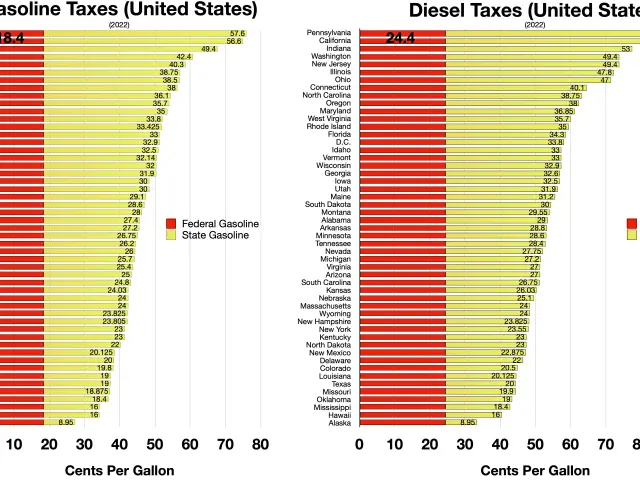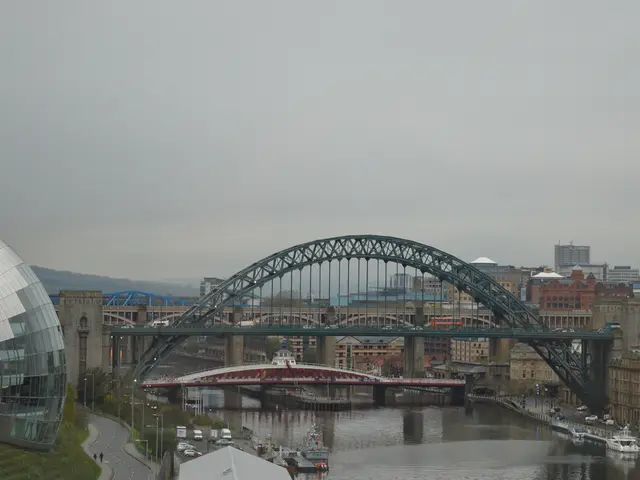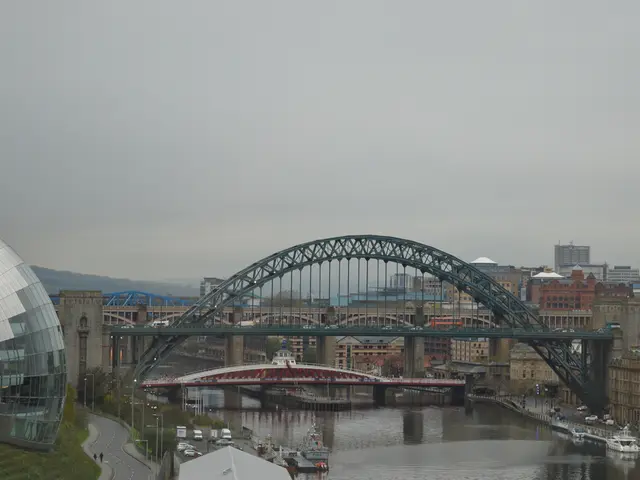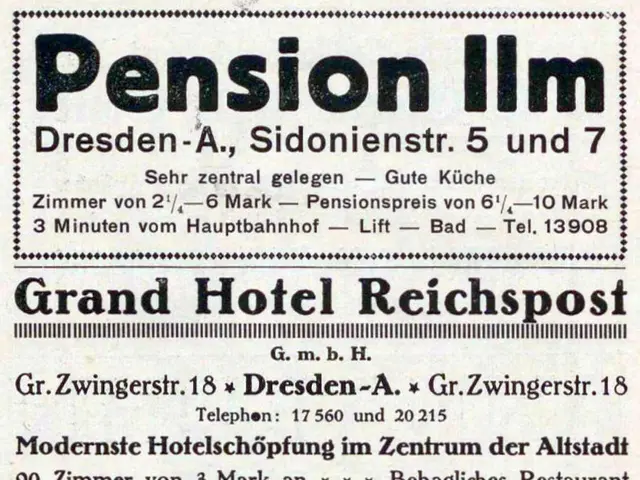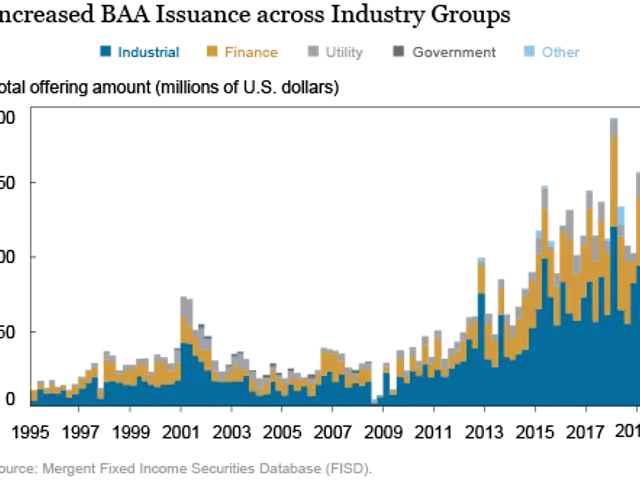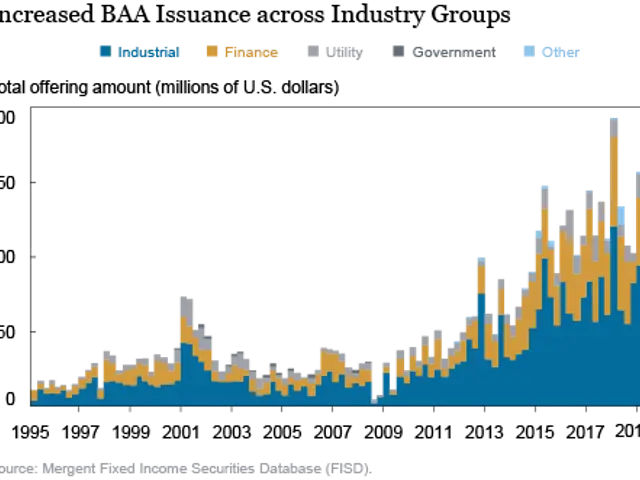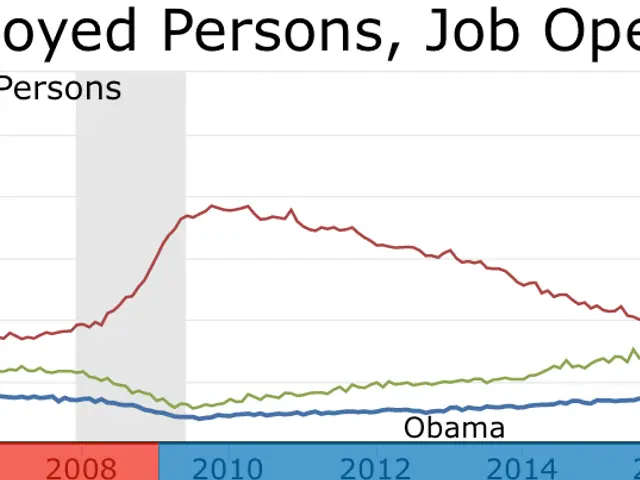EPA Tightens Emissions Rules, Detroit Three Face Higher CAFE Penalties
The Environmental Protection Agency (EPA) is set to finalize stricter emissions standards on Wednesday. This move has sparked concern among the Detroit Three automakers and the UAW due to their higher light-duty truck sales, which could expose them to higher noncompliance penalties for CAFE violations.
The new rule reduces an electric vehicle's (EV) petroleum equivalency factor from 300 mpg to 106 mpg, a change from the originally proposed 84 mpg, a revision less stringent than initially planned following lobbying efforts by automakers and the UAW.
The EPA's decision comes after years of advocacy from environmental groups like the Natural Resources Defense Council and the Sierra Club. They have been pushing for stricter MPGe (miles per gallon gasoline equivalent) standards since the early 2010s, as part of broader efforts to increase vehicle fuel efficiency. The current standards, set in 2000, are now being updated.
Under the original proposal, EVs' mpg equivalent would have been cut by 72% by 2027. However, the final rule allows automakers to sell more gas-engine vehicles through 2030, providing some flexibility in meeting federal corporate average fuel economy standards.
The EPA's final rule, approved on Tuesday, gradually reduces EVs' fuel economy equivalent rating by about 65% by 2030. This change could impact automakers like GM, Ford, and Stellantis, who could have faced penalties of up to $10.5 billion for violating federal fuel economy standards, comprising 76% of all such fines. The new rule aims to balance environmental concerns with the practicalities of the automotive industry.

